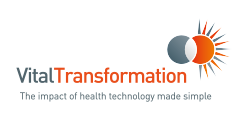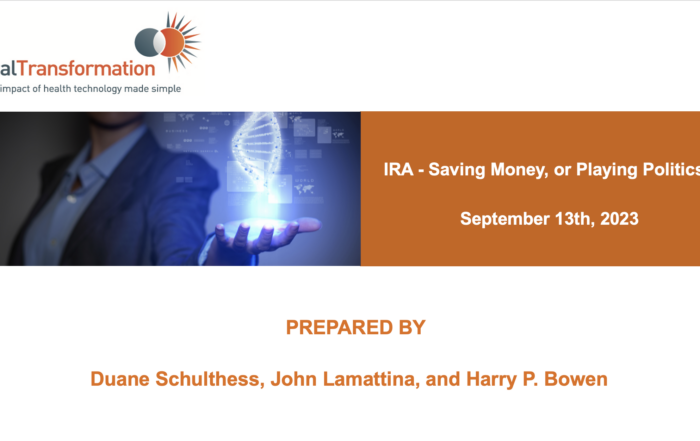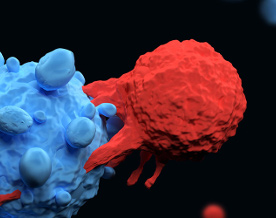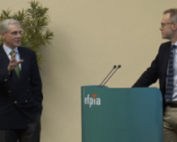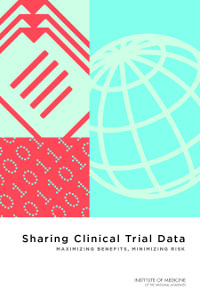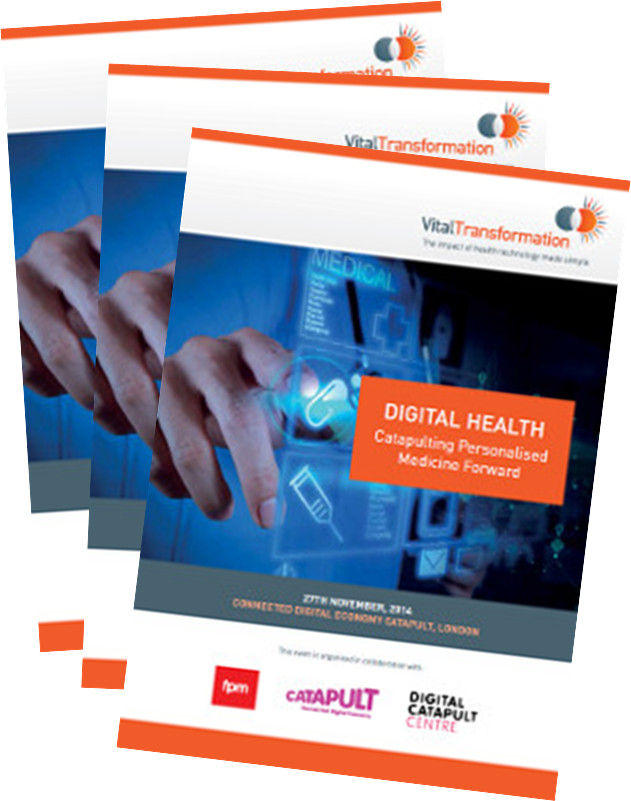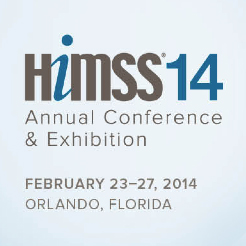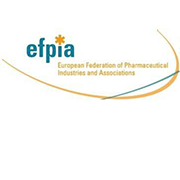LATEST NEWS
IRA – Saving Money, or Playing Politics?
IRA’s drug negotiation choices seem to be much more about the 2024 election than Medicare cost savings in 2026.
By Duane Schulthess, John Lamattina, and Harry P. Bowen
September 13th, 2023
On Tuesday August 29th, the Biden Administration and the Centers for Medicare & Medicaid Services (CMS) announced the first 10 drugs to be selected as part of their signature legislation, the Inflation Reduction Act (IRA).
The linchpin of the IRA has been to lower total Medicare costs. The text of the IRA states clearly that the drugs to be chosen for negotiation are those, “… drugs with the highest total expenditures being ranked the highest.” This language is completely unambiguous; drugs with the greatest total expenditures for taxpayers are the ones to be negotiated.
The IRA also includes provisions that drugs soon to be subject to generic or biosimilar competition are excluded from negotiation. This is logical as once a drug loses its patent exclusivity its price falls rapidly.
Our firm, Vital Transformation (VT), has been at the center of the IRA debate for well over a year. Given the IRA’s clear objective to contain taxpayer costs, we conducted economic modeling which simulated the impact of 10 years of IRA negotiations on Medicare spending and biopharmaceutical company revenues.
Webinar: RWE, CAR-T and Cancer – New Methods for Comparative Effectiveness
August 29th, 1-2 pm CET With the increasing use of new regulatory tools, like the FDA’s breakthrough therapy designation, there are increasing demands for European health technology assessors (HTAs) to make an accurate assessment of the long-term value and performance of CAR-T therapies from smaller datasets and shorter outcomes. This webinar will highlight our recent publication in the BMJ, sponsored by ZIN, which showcases a novel approach to harnessing RWE and develops a longitudinal data set that can be used for effectiveness measures, even in orphan conditions.
Digital Citizen, Digital Patient: Estonia’s upcoming – first-ever – EU Presidency will put eHealth high on the agenda
An interview with Ain Aaviksoo, Deputy General Secretary on eServices and Innovation, Ministry of Social Affairs, Estonia.
A key aim of the Presidency is to promote Digital Europe. In eHealth the goal will be to highlight how digital technologies can contribute to the sustainability and resilience of healthcare systems.
Reinventing the European Advanced Therapies Sector: An Interview with Eduardo Bravo
Vital Transformation recently interviewed TiGenix CEO Eduardo Bravo and President of the European Biopharmaceutical Enterprises (EBE) on the implications of this lack of liquidity in Europe.
Digital Citizen, Digital Patient: How EU-funded research can drive the digitisation of health systems in Europe
An interview with Peeter Ross, professor at Tallinn University of Technology
As a participant in eight different EU projects, Peeter Ross, professor at Tallinn University of Technology, can fairly be described as a veteran of European ehealth research.
Digital citizen, digital patient: EMIF is bringing the power of numbers to dementia research
An interview with Simon Lovestone, Professor of Translational Neuroscience at Oxford University, UKMaking data repositories visible and easy to access is transforming translational research in Alzheimer’s disease. “You can answer questions you couldn’t before,” says Simon Lovestone, academic lead of the programme
Digital citizen, digital patient: EMIF makes it as good to give as to receive
An Interview with Nigel Hughes, Scientific Director, Quantitative Sciences at Janssen Research and Development By removing barriers to data exchange, EMIF has provided potent demonstrations of the power of pooling resources in Alzheimer’s disease and metabolic disorders. These exemplars are incentivising data sharing, says Nigel Hughes
Digital citizen, digital patient: How Wearables Can Fill the Data Gaps in Orphan Drug Development
An interview with Elin Haf Davies, CEO and founder of aparito As if the small number of patients is not enough of a hurdle, snapshot and episodic collection methods can make it impossible to amass the data needed to convince regulators and reimbursement agencies that therapies for rare diseases are effective. Wearables can help, says Elin Haf Davies, founder and CEO of aparito.
